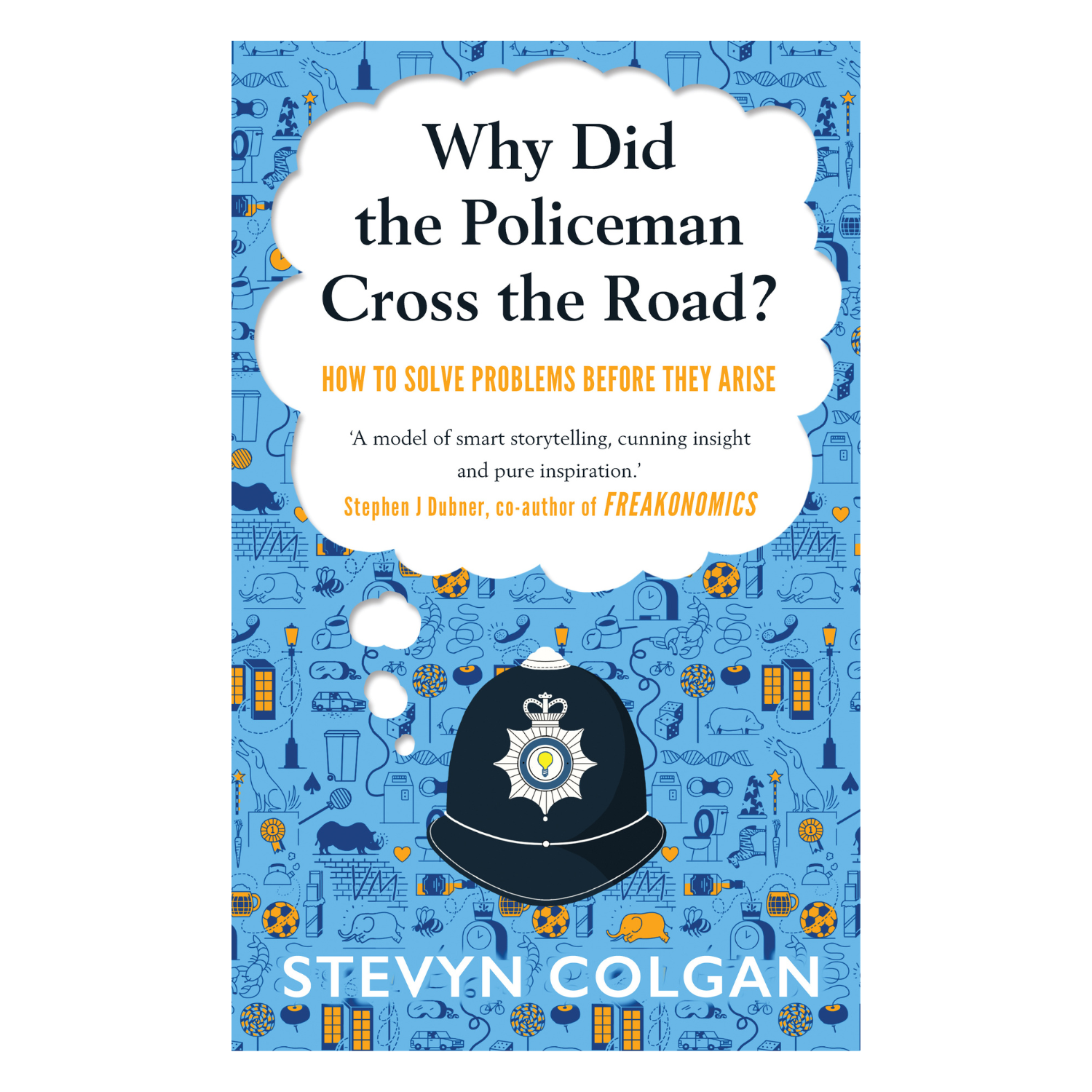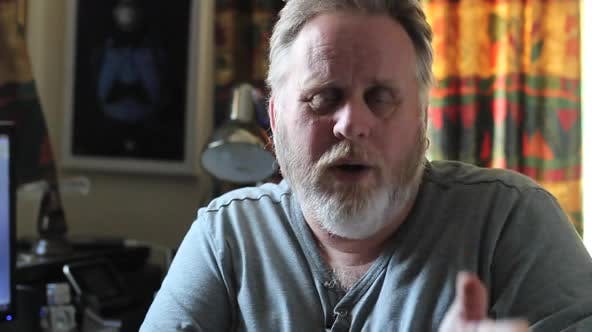

- Home
- Why Did The Policeman Cross the Road?
Why Did The Policeman Cross the Road?
About The Book
Can lollipops reduce antisocial behaviour? Could wizards prevent street gambling? Do fake bus stops protect pensioners? Can dog shows help reduce murder rates?
Stevyn Colgan spent thirty years in the police service—twelve of them as part of the Problem Solving Unit, a special team with an extraordinary brief: to solve problems of crime and disorder that were unresponsive to traditional policing.
They could try anything as long as it wasn’t illegal (or immoral), wouldn’t bring the police into disrepute, and didn’t cost very much. The result is this extraordinary collection of innovative and imaginative approaches to crime prevention, showing us that any problem can be solved if we can just identify its underlying roots.
In Why Did the Policeman Cross the Road? you’ll learn how bees can prevent elephant stampedes and what tiger farms and sex workers have in common. You’ll read about killer snakes in African cornfields and cholera epidemics in Soho. You’ll come to appreciate the advantages of sticking gum on celebrities’ faces, why the colour of the changing room might decide a football match, and how eating lobsters may help to save their lives.
This book is an amusing, insightful and sometimes controversial celebration of good policing and problem solving that reaches beyond law enforcement and into everyday life.
Be a part of our community! 334,112 people from 207 countries have pledged £11,980,334 to fund 646 projects - and counting!
